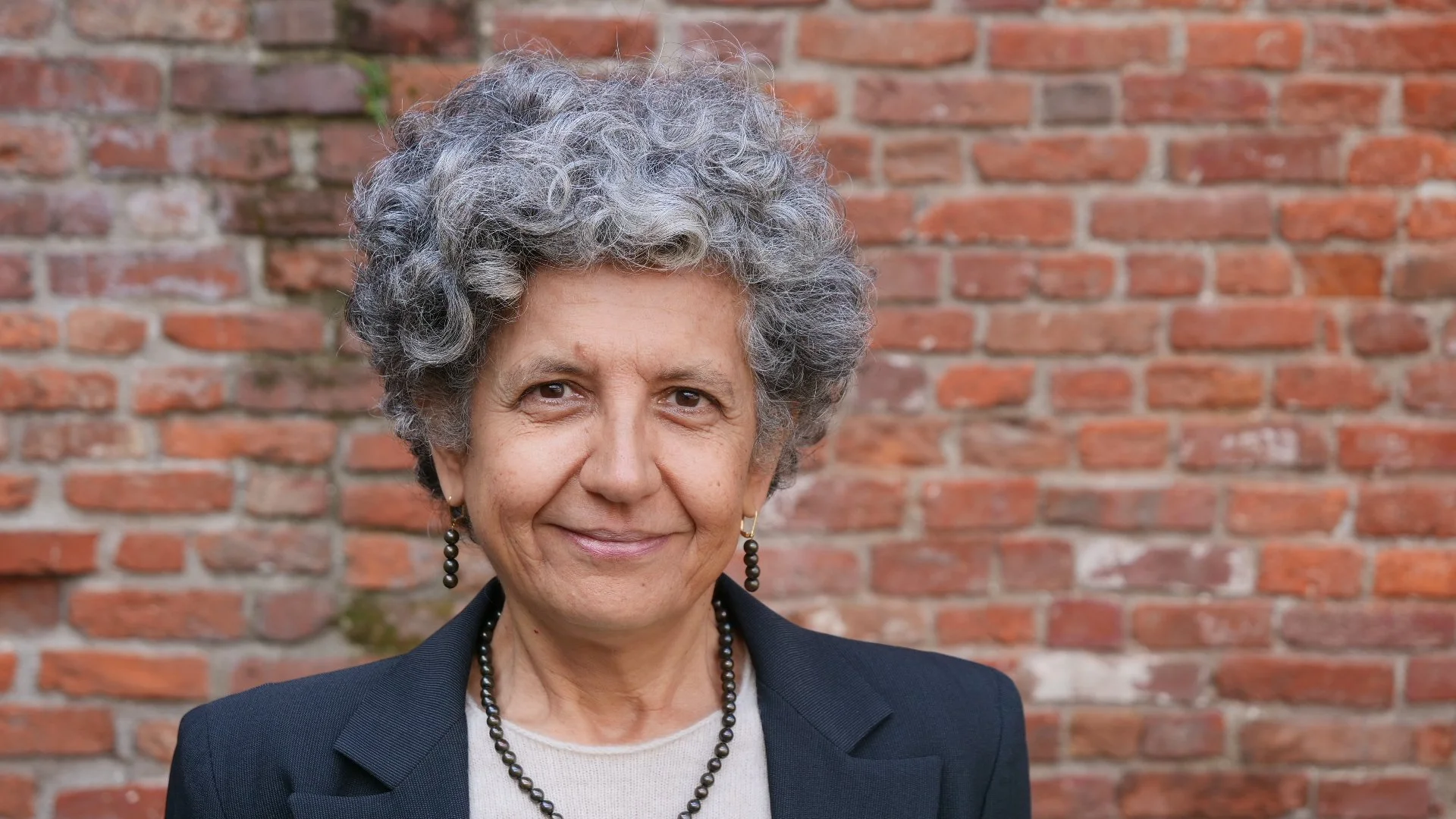Antonella Delle Fave ~ University of Milano
The light of Truth blooms with a smile
Milan, Italy
Department of Pathophysiology and Transplantation, University of Milano
Key Strengths: curiosity, perseverance, appreciation of beauty
Key Interests: wellbeing, diversity, cultures
Cultural worldviews and the science of well-being: Towards a multi-system perspective
Scientific progress is usually conceived as a globally and unanimously interpreted process. Little attention is however paid to worldviews, culturally shaped assumptions that substantially inform the interpretation of reality and human behavior, with its drivers and consequences. This scotomization leads to an excessively simplified approach to culture, an evolutionary system which shapes human psychological processes and behaviors. Despite the substantial advancements in cultural and cross-cultural psychology, related theories, models and investigation approaches are rarely considered in well-being studies. Biocultural research, aimed at understanding the interplay between biology and culture in individual and collective functioning patterns, is still neglected. Cultural neuroscience, investigating the interaction between nature and nurture in shaping human brain and mental functioning, is substantially ignored.
The problem is above all epistemological: we are not living in a single, global system, as often assumed and described. As cultural animals, humans have built multiple systems, each embedding a specific bio-psycho-social worldview informing values and representations of reality. The current challenge for well-being promotion today is to build bridges between cultural systems, acknowledge their specificities, and attempt to compose them into a mosaic, rather than subsuming them under a single, inevitably biased framework. This attempt however implies honest dialogue on core ontological assumptions, across worldviews as well as across disciplines, to design a globally shared well-being horizon.
My training and professional experiences include the study of both conventional and traditional medicines, field research work across continents and among minority and vulnerable populations, and the supervision of cooperation projects with NGOs. These experiences made me aware of the limitations characterizing the current scientific approach to the study of individual and collective phenomena. Therefore, I look forward to working together, researchers and practitioners from different disciplines, to build a framework for intervention and policy development based on a multi-system perspective.

